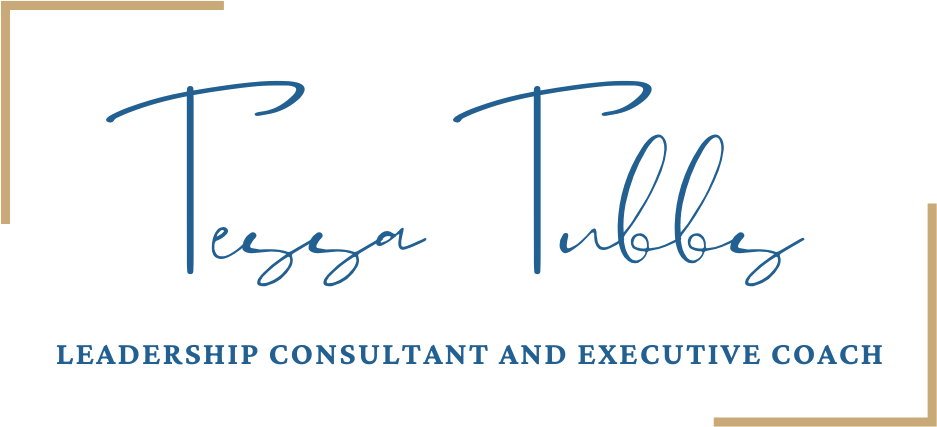In today’s ever-evolving professional landscape, the concept of ‘hybrid work’ has become a pivotal element of organizational strategy. As we delve into the nuances of leadership within this new realm, it’s essential to understand how the dynamics of hybrid work environments impact the essence of leadership.
The Essence of Leadership in Hybrid Work Settings:
Leadership in a hybrid work environment demands a blend of traditional and innovative approaches. The hybrid model, a mix of remote and in-office work, challenges leaders to rethink their strategies for team engagement, communication, and collaboration. Effective leadership now hinges on the ability to bridge physical distances and create an inclusive culture that thrives on diversity and flexibility.
Adapting Leadership Styles for Hybrid Work:
Adapting to hybrid work requires leaders to be more empathetic, understanding, and flexible. It’s about striking the right balance between autonomy and accountability. Leaders must cultivate trust and openness, ensuring that remote and in-office team members feel equally valued and heard.
Communication: The Key to Successful Hybrid Leadership:
Clear and consistent communication becomes even more crucial in a hybrid setting. Leaders must leverage digital tools to maintain transparency and ensure that all team members, regardless of their location, are on the same page. Regular virtual check-ins, clear guidelines, and open feedback channels are essential components of effective leadership in a hybrid work model.
Empowering Teams in a Hybrid Environment:
Empowerment is at the core of leadership in hybrid work scenarios. Leaders should encourage initiative and provide opportunities for professional growth, irrespective of an employee’s physical work location. This involves providing the necessary resources, support, and autonomy for team members to excel in their roles.
Conclusion:
Leadership in a hybrid work environment is an ongoing journey of adaptation and learning. By embracing flexibility, fostering communication, and empowering their teams, leaders can effectively navigate the complexities of hybrid work and drive their organizations towards success.




